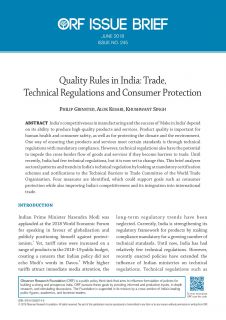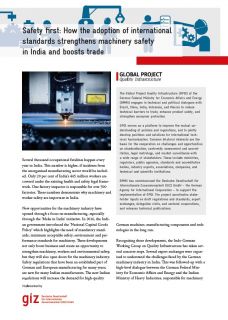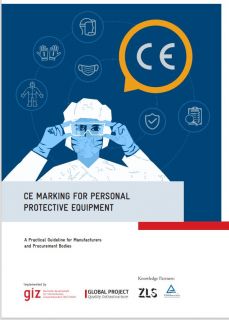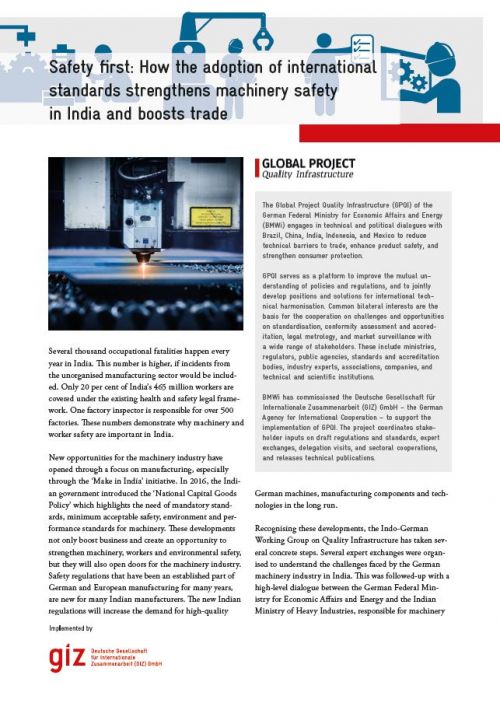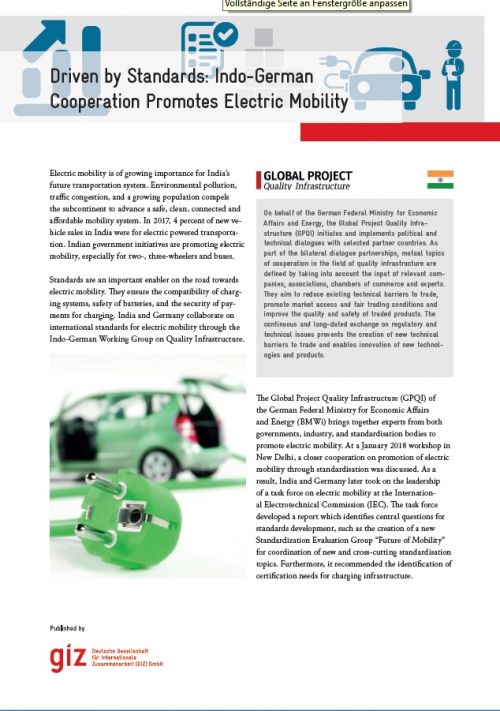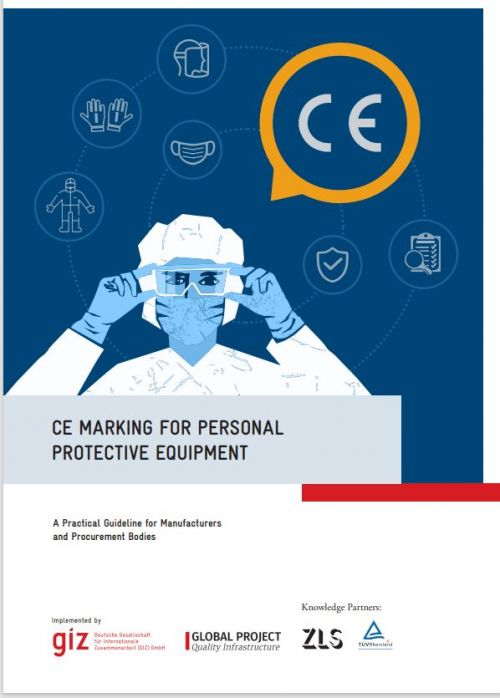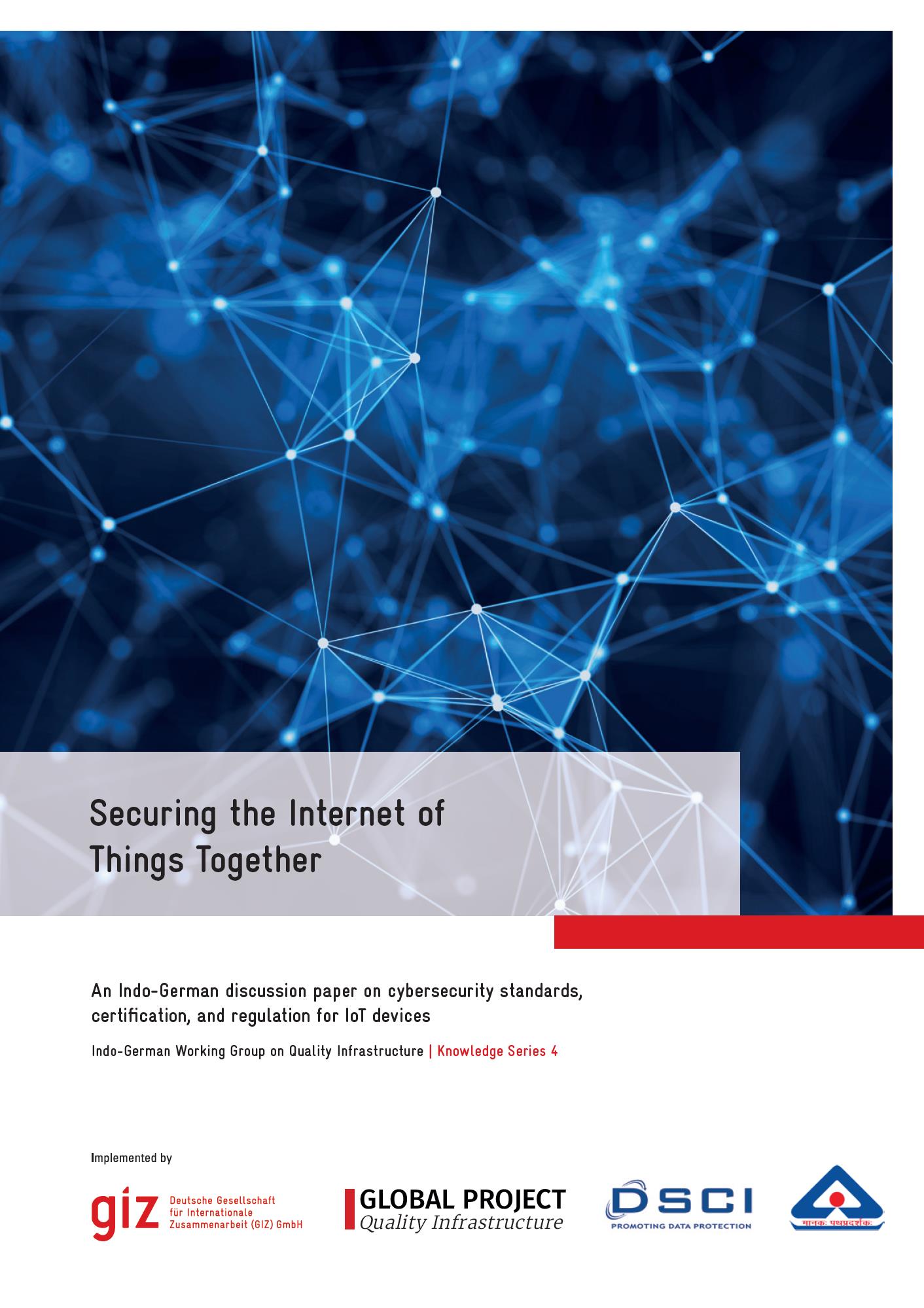India
The trade volume between Germany and India has more than tripled in the past 10 years. India is the fourth largest trade partner of Germany in the Asia-Pacific region, and Germany is India’s most important trade partner in the EU. The goods they trade are very diverse and range from automotive components to medical devices.
To reduce technical barriers to trade, strengthen product safety, and enhance consumer protection, both countries have set up the Indo-German Working Group on Quality Infrastructure in 2013. The Working Group is jointly led by the Indian Ministry of Consumer Affairs, Food and Public Distribution (MoCAF&PD) and the German Federal Ministry for Economic Affairs and Energy (BMWi). It involves relevant ministries, regulators, public agencies, accreditation and standards bodies, industry associations, and companies. On the Indian side, political partners include the Ministry of Commerce and Industry (MoCI), the Ministry of Electronics and Information Technology (MeitY), the Ministry of Heavy Industries and Public Enterprises (MoHI&PE), the Ministry of Road Transport and Highways (MoRTH), and the Ministry of Power (MoP).
The Indian and German partners and stakeholders of the Working Group jointly address technical market access concerns of the industry, and thereby improve business conditions and bilateral trade. Topics range from the automotive industry, machinery safety, Industry 4.0, medical devices, and electric vehicles, to cyber security and data protection.
Latest publications
News
German Delegation contributes to the 5th Indian National Standards Conclave
The 5th Indian National Standards Conclave organised by the Department of Commerce of the Indian Ministry of Commerce and Industry took place on 18 and 19 June 2018 in New Delhi, India. Policy makers, industry representatives, and experts from related fields discussed the theme Implementing the Indian National Standards Strategy. India’s new standardisation strategy aims to position standards as a key driver of economic growth, supplementing national policies, and serving the interests of both consumers and the industry.
Read more … German Delegation contributes to the 5th Indian National Standards Conclave
Deutsch-Indischer Expertenaustausch über Standards für die Ladeinfrastruktur von Elektrofahrzeugen
27 Experten aus Deutschland und Indien haben am 17. Januar in Neu-Delhi im Rahmen des Expertenaustauschs über Standards für die Ladeinfrastruktur von Elektrofahrzeugen (EV) diskutiert. Sowohl Deutschland als auch Indien erleben eine dynamische Entwicklung der Elektromobilität. Die indische Regierung plant, den Anteil der EVs bis 2030 massiv zu erhöhen. Die deutsche Seite hat ihre Ziele in der Standardisierungs-Roadmap zur Elektromobilität 2020 skizziert.
Events
Contact
Country Component India
Global Project Quality Infrastructure (GPQI)
Deutsche Gesellschaft für
Internationale Zusammenarbeit (GIZ) GmbH
B5/2, 4th Floor, Safdarjung Enclave,
New Delhi 110029, INDIA
Telefon: +91 11 49495353
E-Mail: india@gpqi.org

